Delta Air Lines resumed normal food service for international flights on Friday following reports of spoiled meals earlier in the week, which led to a flight diversion, emergency medical response, and adjustments in food service for over 100 flights.
The issue began early Wednesday when a Detroit-to-Amsterdam flight with 277 passengers diverted to New York after crew members discovered some meals served to economy passengers were spoiled.
Mold on Food
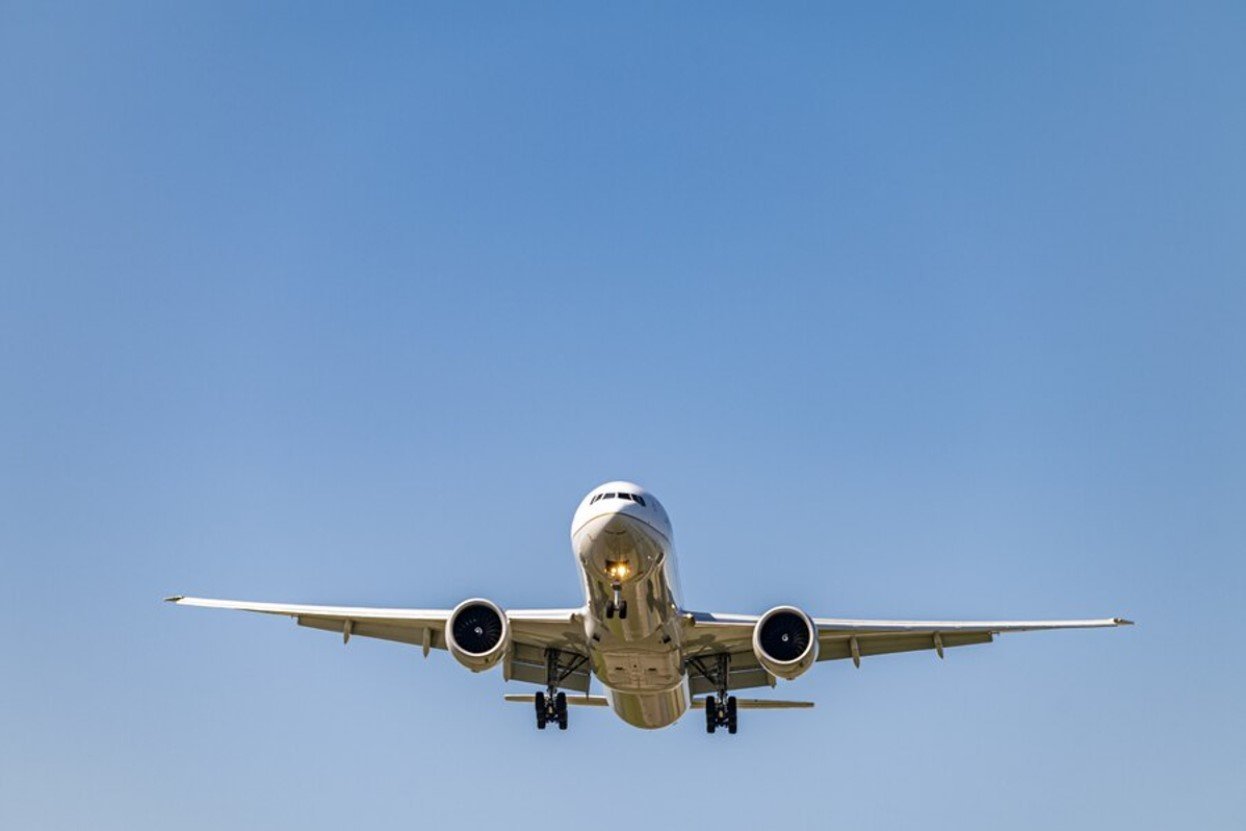
CBS shared photos of purportedly moldy food, which the airline has not confirmed.
Delta is investigating the cause of the food spoilage.
NYC Emergency Landing
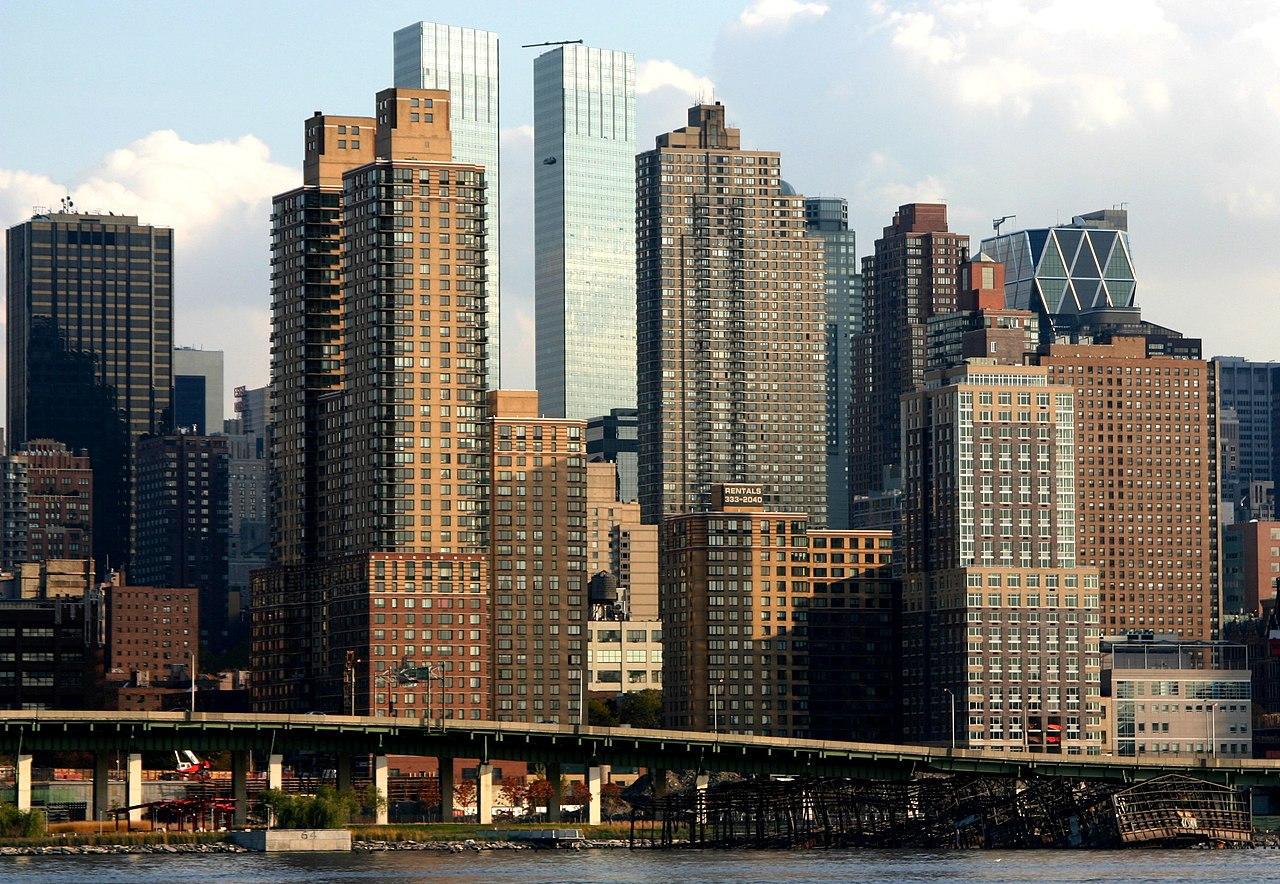
According to Delta spokesman Anthony Black, the flight was about a third of the way through meal service, but it is unclear how many passengers had eaten the affected food.
Medical experts advised the crew to make an emergency stop in New York City.
Emergency Medical Examination at JFK
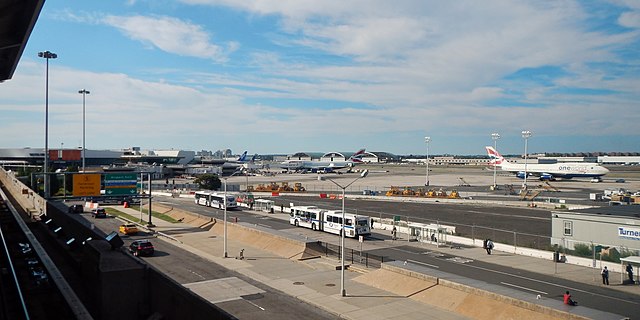
Flight 136 landed at John F. Kennedy International Airport around 4 a.m. Wednesday, where emergency medical workers examined about a dozen passengers, though none required hospitalization.
Delta stated the flight crew did not consume the food.
Delta Initiates Investigation and Issues Apology
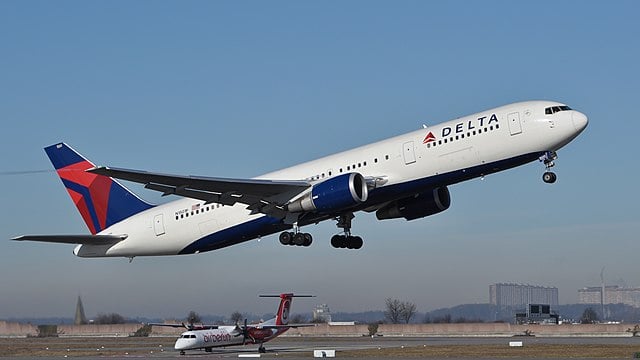
“Delta’s Food Safety team has engaged our suppliers to immediately isolate the product and launch a thorough investigation into the incident,” the airline said in a statement.
“This is not the service Delta is known for and we sincerely apologize to our customers for the inconvenience and delay in their travels.”
Temporary Menu Change
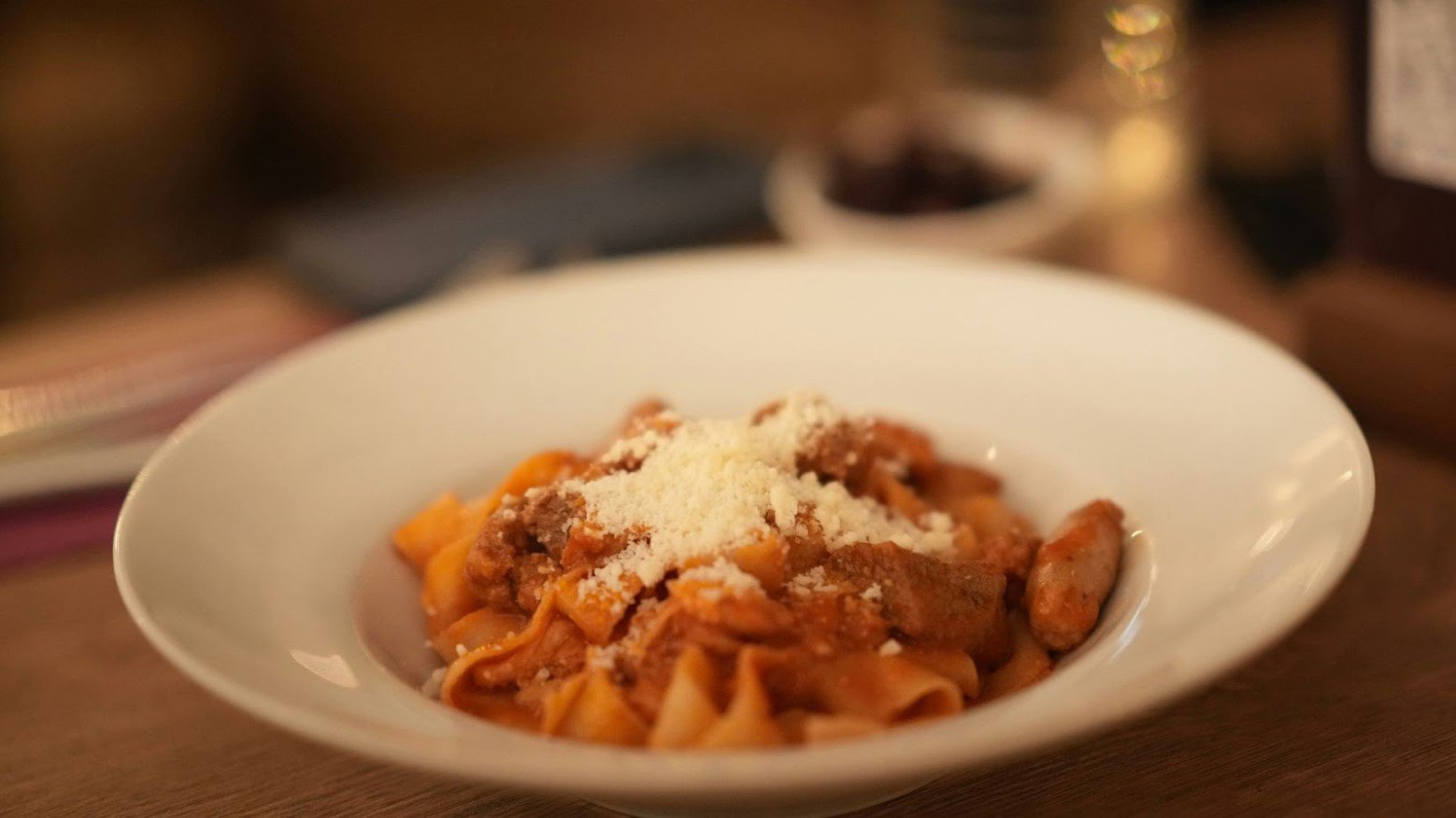
In response to the incident, Delta switched to pasta meals on about 75 international flights on Wednesday and Thursday while reviewing its meal services, Black said.
Airline meals are typically prepared by external vendors, cooked in advance, and either frozen or kept cold before reheating on the plane.
Catering Under Review Amid High Holiday Travel

Black did not disclose which catering company provided the meals for the affected flight, stating that “multiple catering components” are under review.
This service disruption occurred during the busy Fourth of July travel week when Delta anticipated flying nearly 6 million people.
CEO Ed Bastian Confident in Holiday Readiness
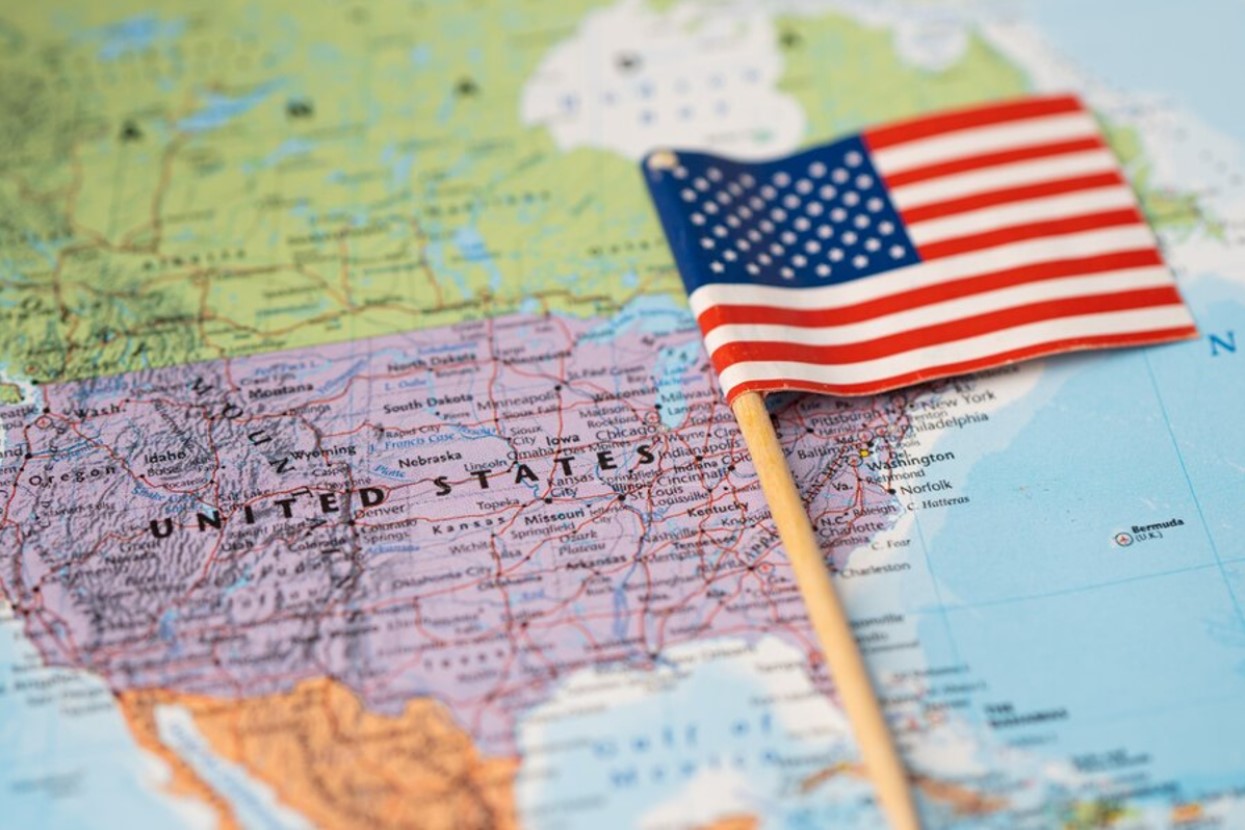
CEO, Ed Bastian was interviewed by CBS Mornings.
He expressed confidence in the airline’s readiness for the holiday period.
Health Experts Discuss Airplane Food Safety
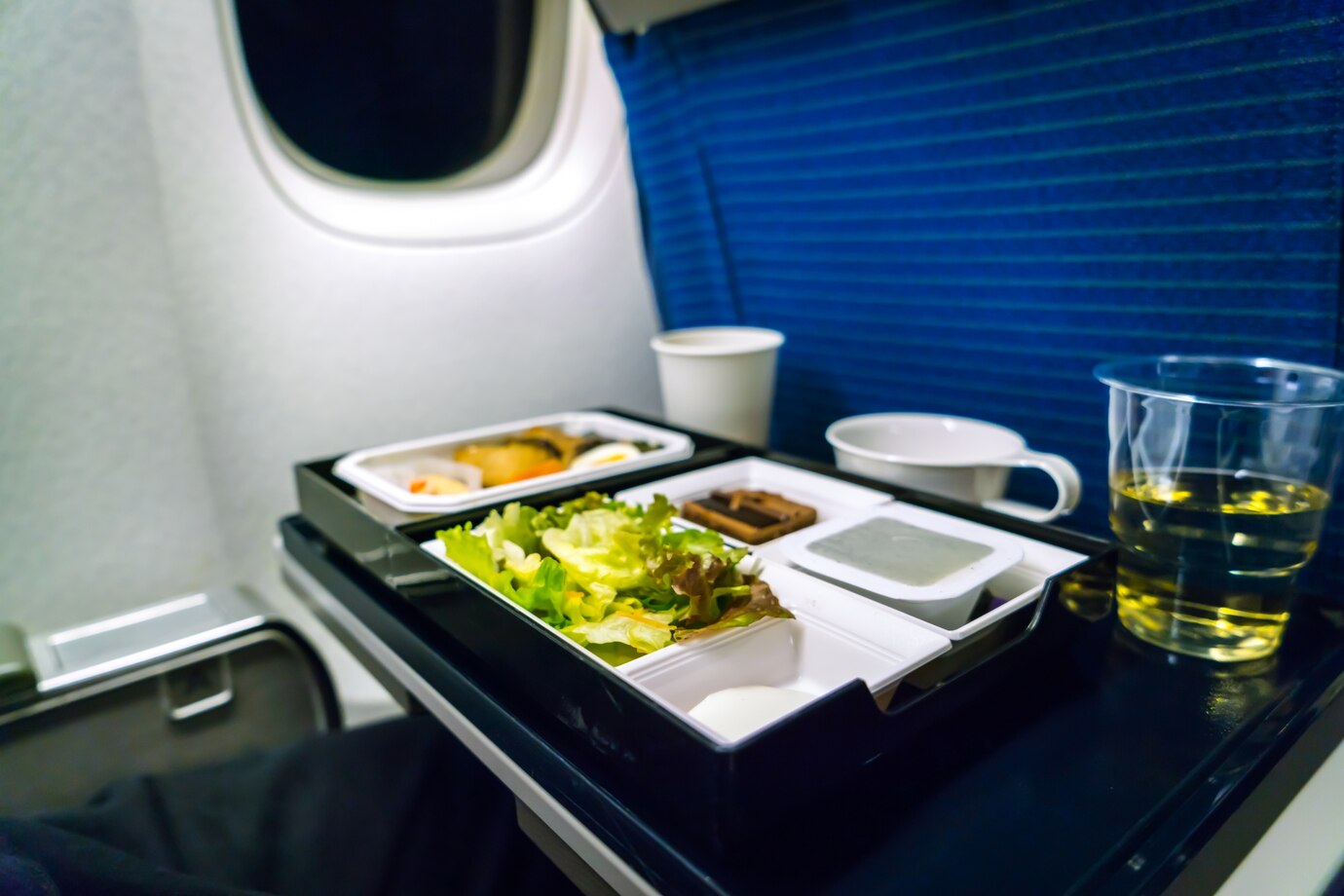
Health experts note that airplane food, like any food, can become contaminated through various means, such as exposure to dirty water or improper handling or cooking.
Food poisoning, while possible, is relatively uncommon on planes.
Moldy Food Generally Safe for Most People
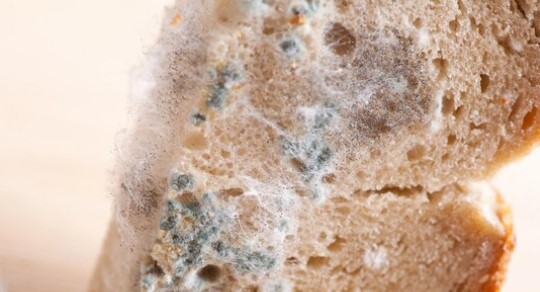
Dr. Mark Gendreau, chief medical officer of Beverly, Addison Gilbert, and Anna Jaques hospitals in Massachusetts, explained that consuming mold-contaminated food might be uneventful for most people.
“Unless you’re consuming a ‘massive quantity of mold,’ people with healthy and intact immune systems can withstand eating some without much issue,” he said.
Potential Symptoms and Risks of Moldy Food

Symptoms like nausea, vomiting, and diarrhea could appear within hours, and rarer symptoms such as allergic reactions, skin rashes, or difficulty breathing might develop later, Gendreau added.
Dr. Ali A. Khan, a gastroenterologist with Gastro Health in Fairfax, Va., cautioned that mold can be far more dangerous for immunocompromised individuals, posing a higher risk of developing major fungal infections.
Identifying and Handling Moldy Food
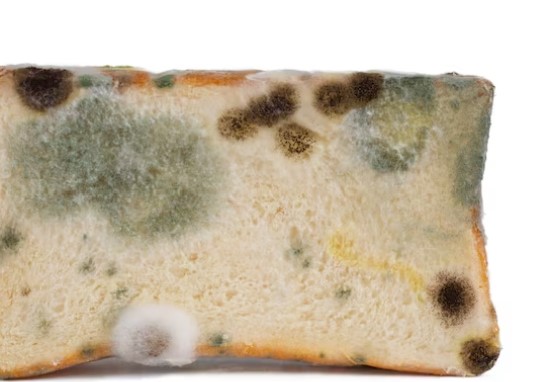
Signs of mold contamination include unusual white or black spots, a softer texture than normal, or bad smells, Khan said.
He advised discarding the entire meal if mold is detected, as it can be difficult to determine the extent of contamination.








































